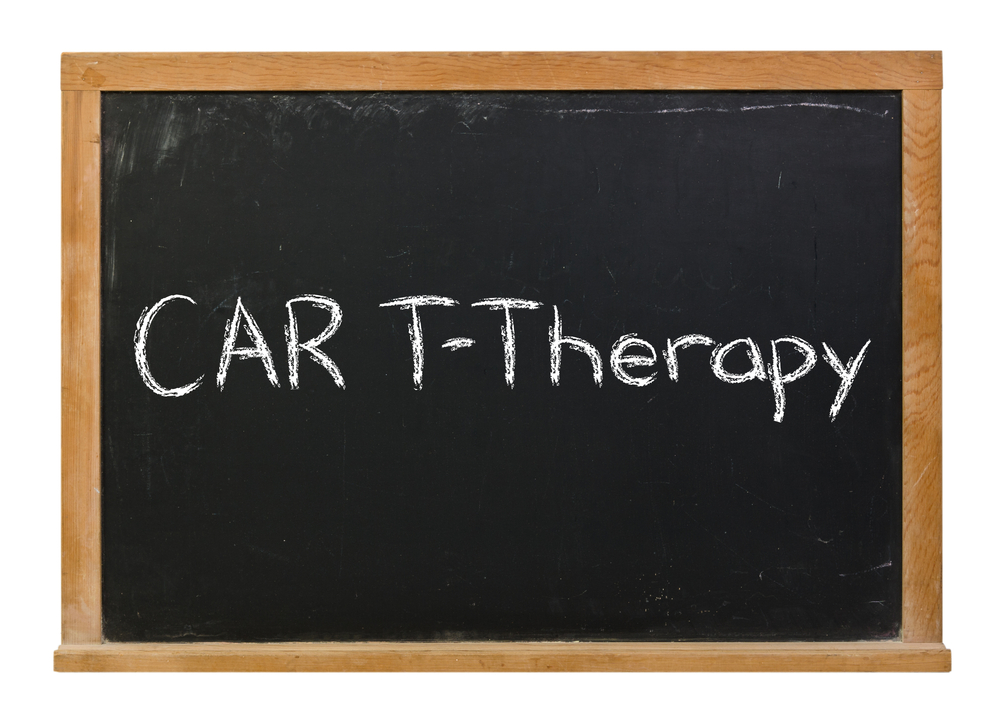Poseida’s Myeloma-specific CAR T-cells Combat Aggressive Cancer in Mice, Study Shows

Poseida Therapeutics demonstrated that their new CAR T-cell treatment for multiple myeloma — P-BCMA-101 — possessed features that make it stand out in the field of gene-edited cancer cell therapies.
The preclinical data, presented at the CAR-TCR Summit on T Cell Immunotherapies in Boston, and summarized in a press release, showed that treatment with P-BCMA-101 allowed all mice with an aggressive form of myeloma to survive.
Devon J. Shedlock, PhD, senior director of immuno-oncology at Poseida, shared data of a study in a myeloma mouse model developed at the MD Anderson Cancer Center in Texas. The mice are injected with a human myeloma type that was engineered to lack the p53 gene — a tumor suppressor gene that is often mutated in myeloma.
In fact, studies show that up to half of patients with relapsed or refractory myeloma have abnormalities in the p53 molecular pathway. Patients with mutations in the p53 gene have an extremely poor prognosis, as their cancer does not respond well to any available treatments.
When researchers treated mice with this aggressive myeloma form using P-BCMA-101 cells, they found no traces of the cancer within six to nine days. All of the treated mice survived for the entire 90-day study. In contrast, all control animals died.
The effects were long-lived, the study showed. The introduced P-BCMA-101 cells persisted in the treated mice and eliminated tumors when they returned. Researchers also did not observe features linked to T-cell exhaustion — a process that can render T-cell immunotherapy inactive.
P-BCMA-101 differs from other CAR T-cell approaches in several ways. The BCMA in the product name is short for B-cell maturation antigen — a factor that is crucial for myeloma development — and the cells specifically target this molecule.
Moreover, the cells are engineered without the use of a virus, which is the most common approach researchers use when delivering new gene material to living cells.
According to Poseida, this and other characteristics of their approach allow researchers to consistently produce the high numbers of modified T-cells needed to treat patients. Moreover, more than 70 percent of the developed cells are of a type researchers call stem cell memory T-cell subtype (Tscm), even if the cells originally gathered from a patient hold few such cells.
Recent studies show that these cells might make CAR T-cell therapies more efficient.
Other CAR T-cells, Poseida said, typically hold a maximum of 20 percent of such Tscm cells. Some CAR T-cell therapies contain none.
In April 2017, Poseida shared data from another mouse study of P-BCMA-101 at the American Association for Cancer Research 2017 Annual Meeting.
The company expects to launch a Phase 1 clinical trial of P-BCMA-101 in 2017.






